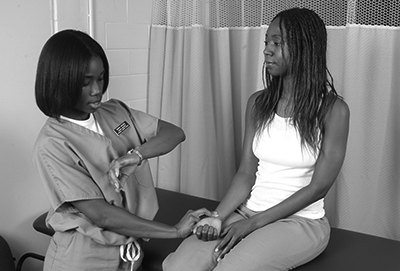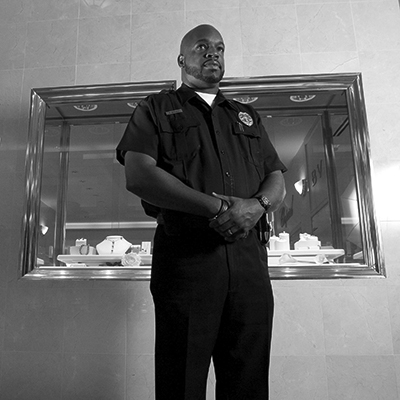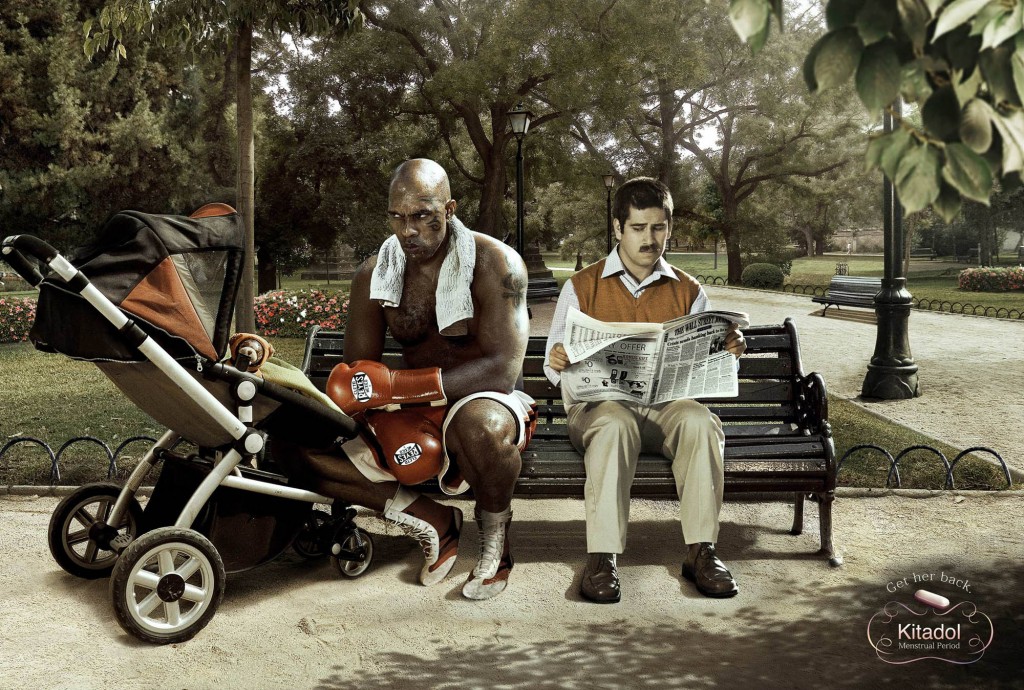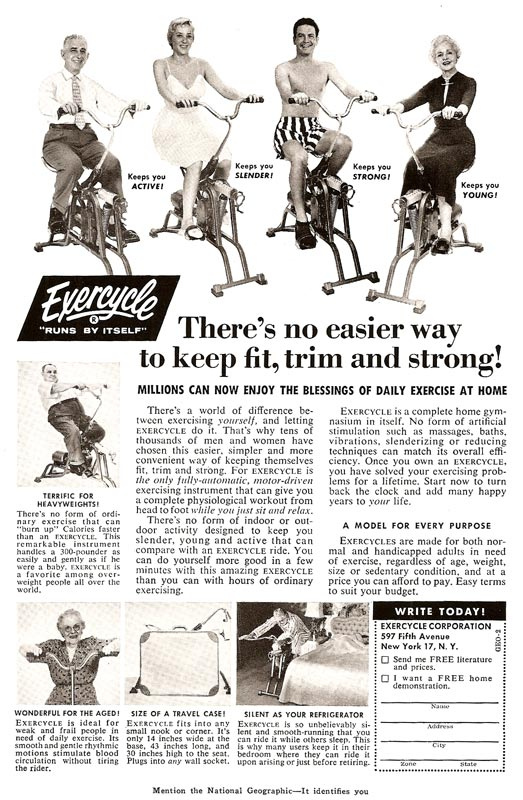The Pew Research Center, in a report on American motherhood released this month, reported that 35% of people say that their first child “just happened.”
I think this is fascinating in light of the fact that many Americans are generally committed to the idea that we control our fertility. Safe(r) sex and family planning campaigns tell us that, if we make the proper choices, then we will (very probably) not have an unplanned pregnancy. They tend to downplay the fact that even the most effective methods of pregnancy prevention are not foolproof. Let’s call this the ideology of near-perfect control of reproduction.
In fact, about half of all births occur as a result of an unplanned pregnancy. So the fact that 1/3rd of parents say their first child “just happened” may actually be an under count. An ideology of near-perfect control of reproduction, however, makes it seem really surprising that so many parents would choose that response.
Then again… maybe the ideology of near-perfect control of reproduction is a luxury afforded mostly to privileged classes. The Pew report also offered data on who said that their first child “just happened”:
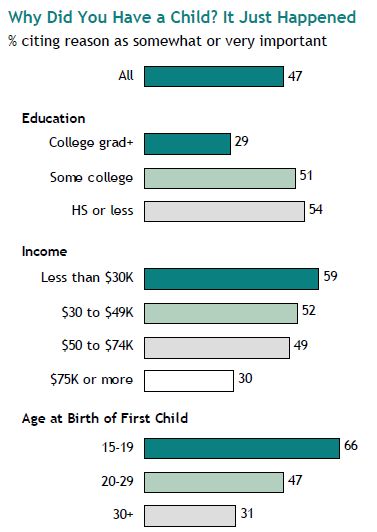
Notice that people with less education and lower incomes were more likely to have their first child by “accident” than people with more education and higher incomes. They were also more likely to have their first child as a teenager. These are the groups that we might expect, on average, to have less knowledge about birth control and less access to (especially more effective forms of) birth control. Given that our society is class segregated, members of these groups may also be surrounded by other people who “just happened” to have kids. The ideology of near-perfect control of reproduction, then, may not be as strong. This may also contribute to a willingness to admit that it “just happened,” instead of re-fashioning the introduction of parenting as a fully conscious choice.
Hat tip to Philip Cohen at Family Inequality.
Lisa Wade, PhD is an Associate Professor at Tulane University. She is the author of American Hookup, a book about college sexual culture; a textbook about gender; and a forthcoming introductory text: Terrible Magnificent Sociology. You can follow her on Twitter and Instagram.










